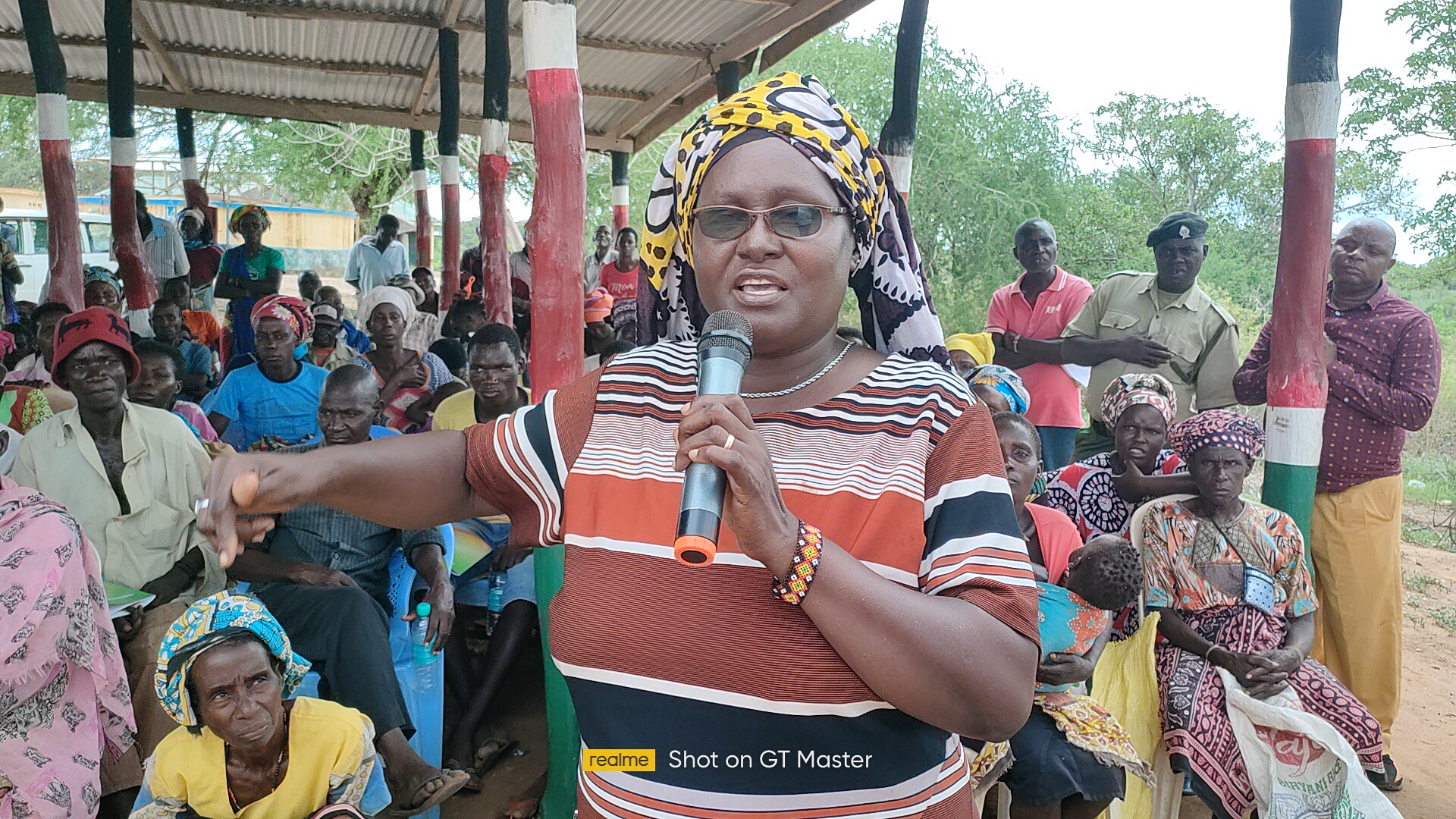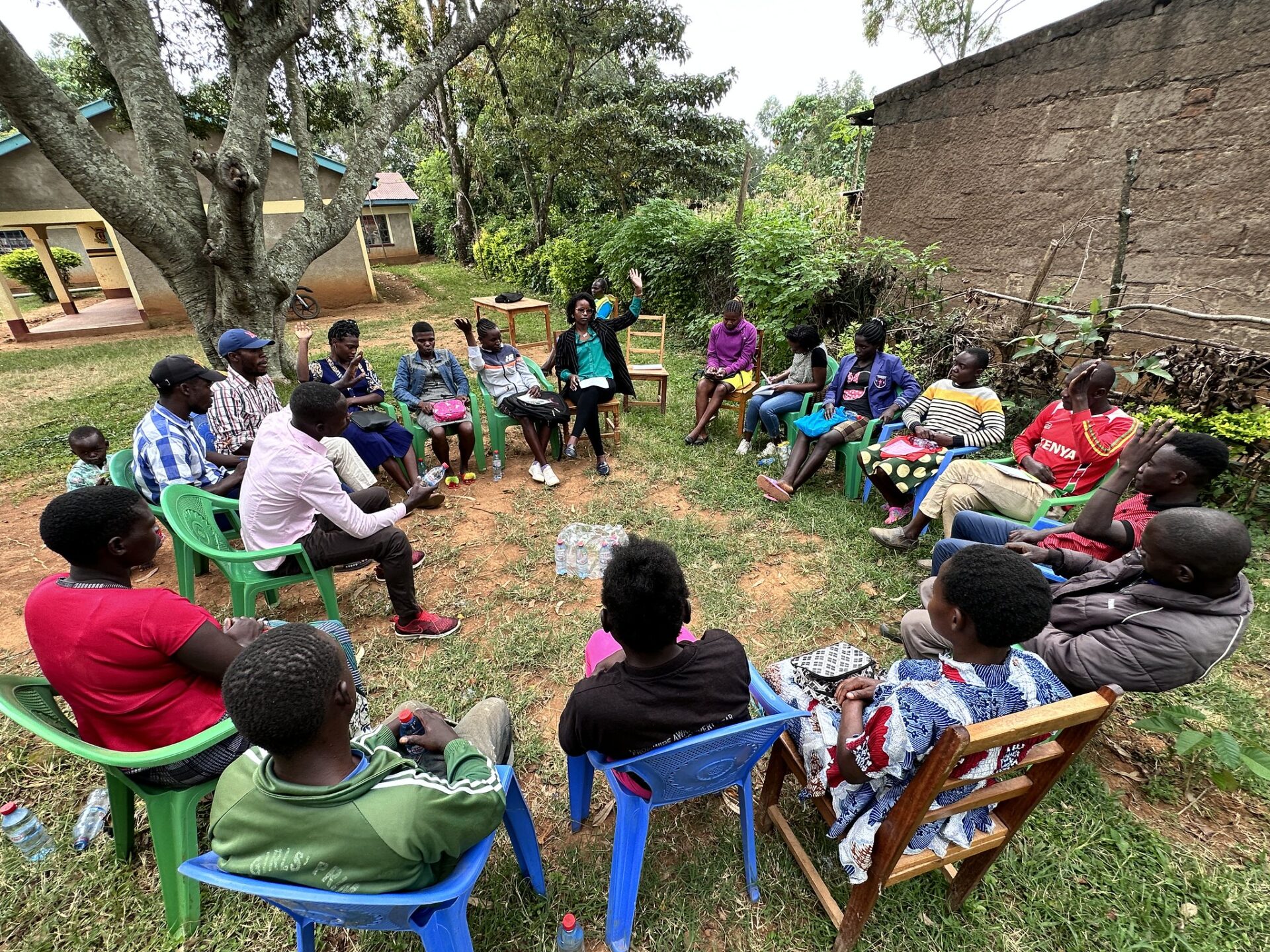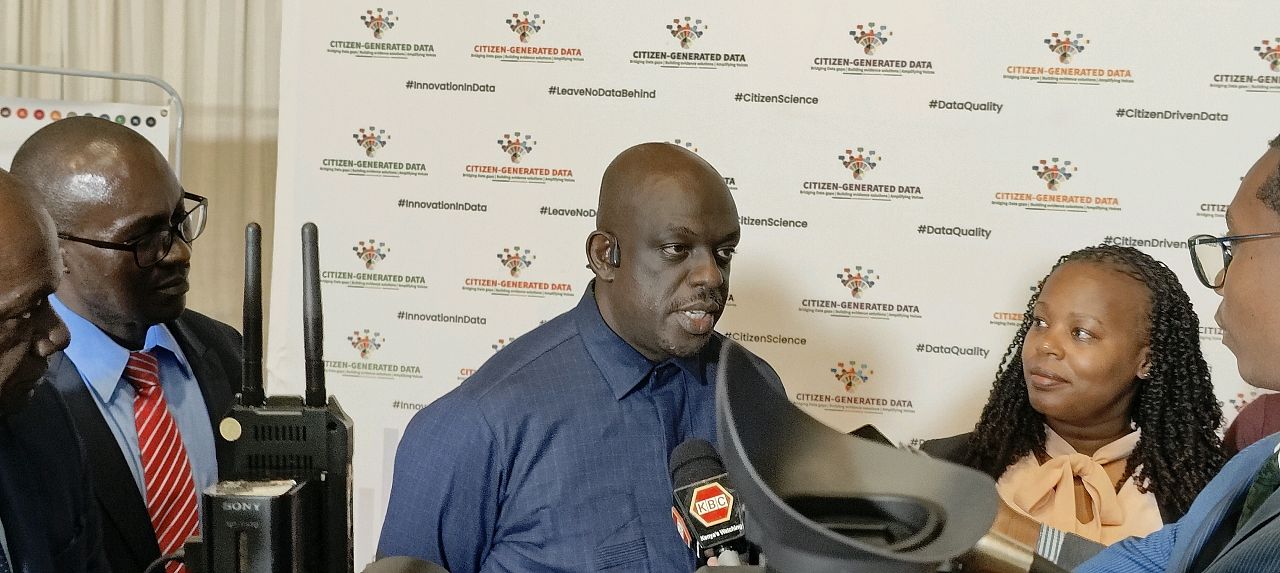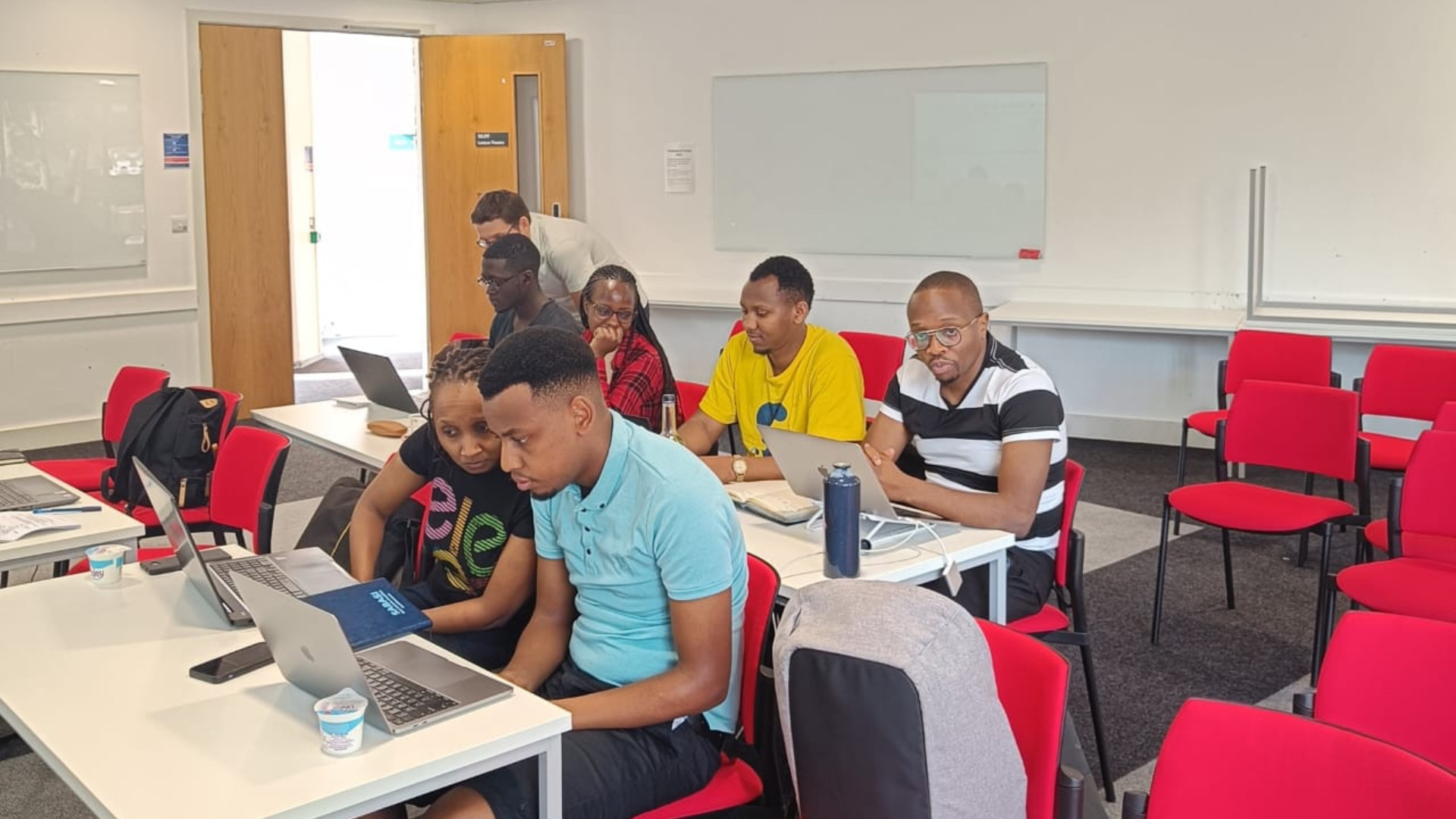It has been just over a year since Kenya formed a decentralised form of government, devolving into 47 county governments accompanied by central government. The rationale behind devolution was to transfer the power and responsibility from central to local governments in the spirit of empowering citizens by empowering their local leaders with the responsibility, resources and capacity to advance political democratisation and promote economic and political growth.
At the inaugural Council of Governors’ Devolution Conference held in Kwale early April, governors and their counterparts in local leadership met to discuss the challenges and milestones one year down the line. During the conference, they underlined their commitment towards fulfilling the promises and spirit of devolution, and drew up recommendations to drive progress in the years ahead. What’s more, this official statement gives the commitments some weight, conveying that county leaders have a common vision and commitment towards the current model of decentralisation – one key component in ensuring that harmonisation is achieved and can breed opportunities for collaboration.
For the most part, citizens view the devolution process in Kenya as a prime opportunity to achieve better service delivery and to participate in the governance process – both of which are reflected in Open Governance principles. Of the 22 part statement delivered at the conference, highlighted below are the points that the delegates touched on that address issues of improving service delivery, accountability and transparency:
[blockquote align=”left”]
To deliver on the Devolution Promise for the year under Review the conference considered and made the following recommendations:
THAT the Conference reaffirmed the commitment of County Governments to accountability to both the people of Kenya and the relevant oversight institutions as by law established.
THAT County Governments are committed to working with the audit and accountability institutions appreciating that effective audit framework is a management tool that strengthens systems within institutions not tools for witch hunt.
THAT the conference reaffirmed the enhancement of civic education and public engagement to ensure full implementation of devolution, and forestall opportunities for unjustified claw-backs.
THAT the conference urges the expedited approval of programmes that support community development. That all levels of government should respect the principles of public participation in the design of policies, legislation and programmes in support of community development.
[/blockquote]
A number of the resolutions passed at the conference including the ones highlighted above create many opportunities that Open Institute will seek to exploit through Open Data and Open Governance programs in partnership with the Council of Governors through our flagship Devolution program, Open County. Some of these opportunities include:
highlighted above create many opportunities that Open Institute will seek to exploit through Open Data and Open Governance programs in partnership with the Council of Governors through our flagship Devolution program, Open County. Some of these opportunities include:
- enhancing accountability by building robust audit frameworks
- elevating civic education by providing citizens with the necessary data and information in an easy to understand format
- supporting and developing programmes that stimulate community development and increase citizen participation
- inspiring good governance by building the capacity of civil society organizations working in the counties to understand open governance practices and facilitate knowledge sharing among them.
What do you think about the current state of devolution in Kenya, what challenges do you feel are yet to be addressed, and what opportunities should Kenyans take note of? Let us know in the comments below or tweet us at @Open_Institute.













